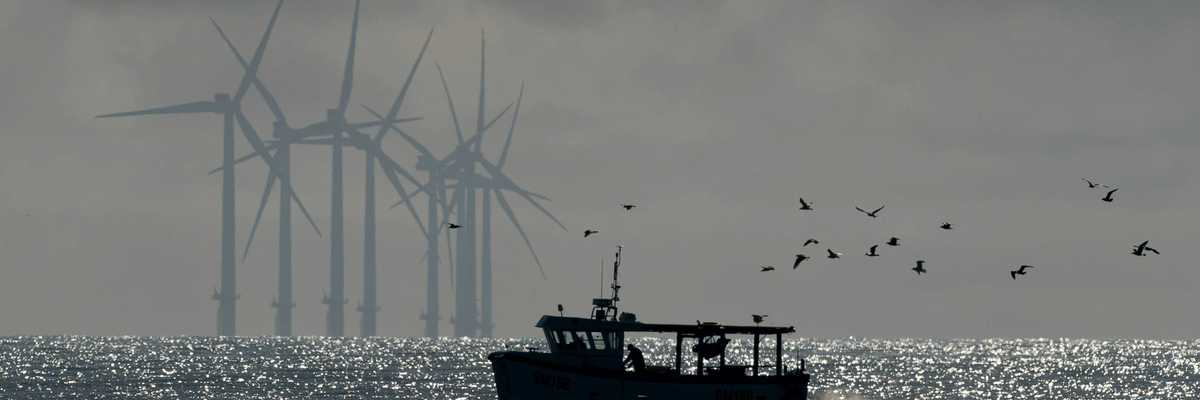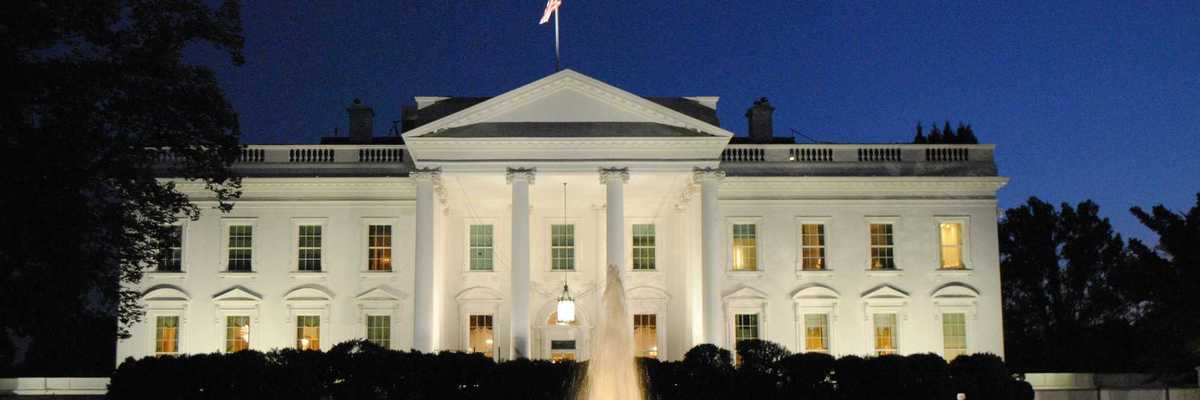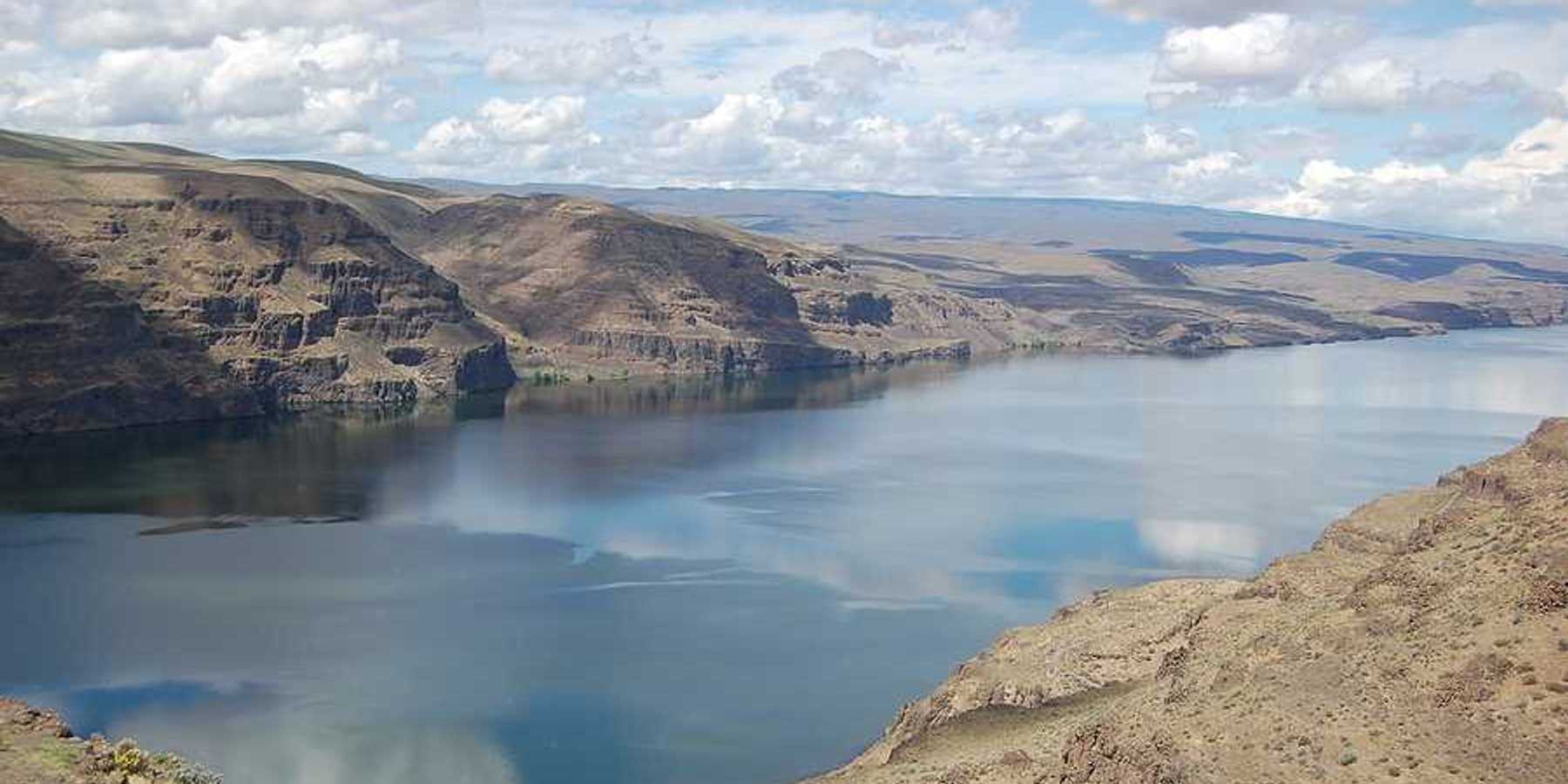ecosystems
Cowboys and conservationists team up to protect Colorado lands
A coalition of ranchers and environmentalists joined forces to secure a 20-year halt on new oil and gas drilling in Colorado's Thompson Divide.
In short:
- An unexpected alliance of ranchers, cyclists, and environmentalists formed the Thompson Divide Coalition to protect nearly 250,000 acres of land from oil drilling.
- Legal vulnerabilities in existing drilling leases, especially around environmental reviews, helped the coalition challenge the leases.
- The Biden administration issued a 20-year pause on new drilling to allow Congress to consider permanent protections.
Key quote:
“This campaign has done an extraordinary amount of good to right-size the value of public lands, the value of environmental values like historic cultural values on public lands that weren’t getting adequate consideration in the old paradigm.”
— Peter Hart, legal director of Wilderness Workshop
Why this matters:
Efforts like these highlight the power of diverse coalitions in influencing environmental policies. Protecting public lands from oil and gas development is crucial for preserving ecosystems and combating climate change.
Related EHN coverage:
Eelgrass beds are shrinking along Maine's coastline, threatening ecosystems
Eelgrass, a vital coastal plant that helps prevent erosion and store carbon, is disappearing from Maine's waters, worrying scientists about its impact on climate and marine habitats.
In short:
- Eelgrass stabilizes shorelines, filters water, and offers habitat for marine species like lobsters and bass.
- The Maine Department of Environmental Protection found a 60% decline in eelgrass since 2005, with some areas losing all eelgrass.
- Climate change, invasive species, and storms are stressing eelgrass beds, while their carbon capture potential draws growing attention.
Key quote:
"There are so many things that are important about eelgrass, but you can’t see it unless you’re scuba diving or have an underwater camera."
— Cheyenne Adams, Maine Department of Environmental Protection.
Why this matters:
Eelgrass plays a crucial role in fighting climate change by sequestering carbon and protecting coastlines. As its decline accelerates, the loss could harm ecosystems and exacerbate coastal erosion.
Focusing only on cutting emissions risks worsening climate crisis, warns Cop16 president
Susana Muhamad, Colombia's environment minister, cautions that neglecting nature restoration in favor of solely reducing carbon emissions could lead to catastrophic global heating and societal collapse.
In short:
- Muhamad emphasized that both decarbonization and ecosystem restoration are essential to stabilize the climate.
- The Cop16 summit will aim to elevate the political importance of biodiversity alongside the climate agenda.
- Muhamad urged wealthier nations to fulfill funding promises for nature restoration.
Key quote:
"The other side of the coin is to restore nature and allow nature to take again its power over planet Earth so that we can really stabilize the climate."
— Susana Muhamad, Cop16 president
Why this matters:
Overlooking ecosystem restoration while combating climate change could trigger further environmental degradation, making global heating and its impacts even harder to manage.
Related: Climate change: For big emissions reductions, we need to think small
Methane emissions from warming ecosystems pose a major climate threat
Methane released from thawing permafrost and tropical wetlands is accelerating climate breakdown, making the reduction of human-caused emissions crucial.
In short:
- Methane emissions from natural sources like tropical wetlands and Arctic permafrost are increasing as global temperatures rise.
- Efforts to curb human-caused methane emissions could reduce global warming by 0.5°C, but this may not be enough as natural emissions increase.
- Restoration projects like Finland’s Linnunsuo reserve show potential in reducing methane emissions by rehabilitating damaged ecosystems.
Key quote:
"We are seeing a collision of two phenomena; one natural, which is El Niño, and the other a phenomenon produced by humans, which is the change in the Earth’s temperature."
— Ayan Fleischmann, hydrologist
Why this matters:
Methane is a potent greenhouse gas, and its increasing release from natural and human sources could severely accelerate climate change, making immediate action necessary.
Related EHN coverage:
Humans may start mining the deep sea despite limited knowledge
A new leader at the International Seabed Authority could pave the way for deep-sea mining, raising concerns about its environmental impact.
In short:
- The International Seabed Authority (ISA) governs over half of the world’s ocean floor and is debating whether to allow deep-sea mining.
- The newly elected ISA secretary-general, Leticia Carvalho, may oversee the first mining operations despite scientific concerns about environmental harm.
- Recent studies suggest deep-sea mining could have irreversible ecological consequences, threatening unique marine life.
Key quote:
“The environmental implications will be significant. They would be irreversible on human timescales.”
— Pradeep Singh, ocean governance expert at the Research Institute for Sustainability
Why this matters:
Mining the deep sea could damage ecosystems that are crucial to ocean health, with impacts that may last for centuries. As the ISA considers approving mining, global debate intensifies over whether the potential economic benefits outweigh the environmental risks.
Related: UN debates deep sea mining code amid global concerns
Boreal forests struggle to recover from frequent fires
Canada's boreal forests, crucial carbon storage ecosystems, are struggling to recover from increasingly frequent wildfires exacerbated by climate change.
In short:
- Boreal forests evolved to burn every century, but climate change has increased the frequency of fires, challenging tree regeneration, especially for black spruce.
- Last year’s fires burned a forest area the size of the Netherlands, affecting carbon storage, as burned trees release carbon dioxide into the atmosphere.
- Indigenous communities like the Dene are experiencing the effects, pushing for greater involvement in fire management policies to protect their lands.
Key quote:
“The entire bloody country was hot and dry at the same time (...) If you would have told me that a few years ago, I’d be like no, that doesn’t really make sense.”
— Marc-André Parisien, a senior researcher at the Canadian Forest Service.
Why this matters:
As fires increase in frequency, forests struggle to regrow, releasing more carbon dioxide into the atmosphere and accelerating climate change. The loss of black spruce and other trees threatens biodiversity, impacts Indigenous livelihoods and contributes to more severe global warming effects.
Scientists warn of irreversible climate tipping points
Scientists warn that climate change could trigger irreversible tipping points in Earth's natural systems, including coral reef die-offs, permafrost thawing, and ice sheet collapses.
Raymond Zhong and Mira Rojanasakul report for The New York Times.
In short:
- Rising temperatures threaten mass coral bleaching and death, with up to 99% of reefs at risk, disrupting marine ecosystems.
- Melting ice sheets in Greenland and Antarctica could raise sea levels significantly, affecting global ocean currents and weather patterns.
- The loss of the Amazon rainforest and Atlantic currents could have severe consequences on global biodiversity and climate stability.
Key quote:
“With every gram of additional CO2 in the atmosphere, we are increasing the likelihood of tipping events.”
— Niklas Boers, climate scientist at the Technical University of Munich and the Potsdam Institute for Climate Impact Research
Why this matters:
Reaching climate tipping points could lead to irreversible changes, severely affecting global ecosystems, economies, and communities. Understanding and mitigating these risks is crucial for sustaining life and stability on Earth.









